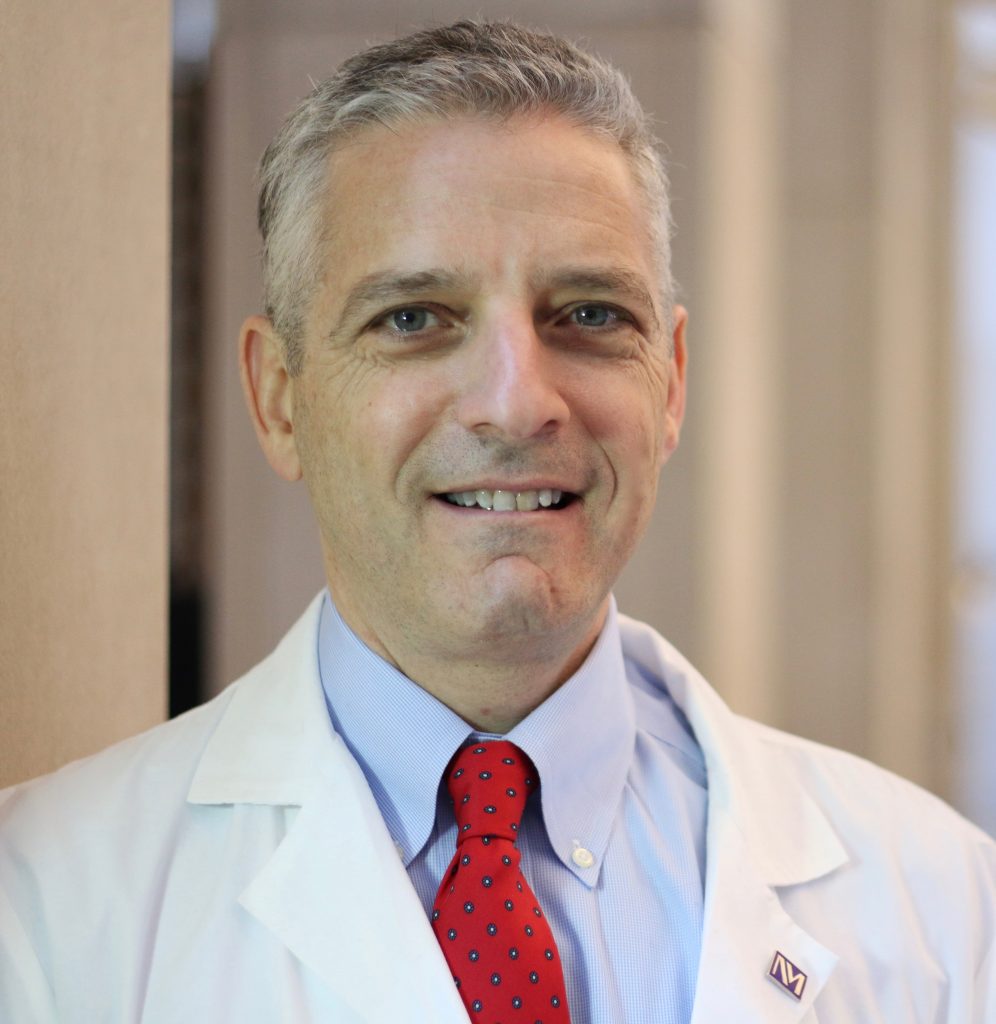The National Academy of Medicine (NAM) today announced the election of 90 regular members and 10 international members during its annual meeting. Election to the Academy is considered one of the highest honors in the fields of health and medicine and recognizes individuals who have demonstrated outstanding professional achievement and commitment to service.
“I am deeply honored to welcome these extraordinary health and medicine leaders and researchers into the National Academy of Medicine,” said NAM President Victor J. Dzau. “Their demonstrated excellence in tackling public health challenges, leading major discoveries, improving health care, advancing health policy, and addressing health equity will critically strengthen our collective ability to tackle the most pressing health challenges of our time.”
New members are elected by current members through a process that recognizes individuals who have made major contributions to the advancement of the medical sciences, health care, and public health. A diversity of talent among NAM’s membership is assured by its Articles of Organization, which stipulate that at least one-quarter of the membership is selected from fields outside the health professions — for example, from such fields as law, engineering, social sciences, and the humanities. The newly elected members bring NAM’s total membership to more than 2,500, which includes more than 200 international members.
Among the Class of 2025 are two Endocrine Society members:

Joseph T. Bass, MD, PhD, Charles F. Kettering Professor of Medicine and chief, Division of Endocrinology, Molecular Medicine, and Metabolism, Feinberg School of Medicine, Northwestern University, Chicago. For his foundational studies that opened the field of circadian mechanisms in metabolic health and disease. His discovery that clock gene mutations lead to obesity, beta-cell failure, and metabolic syndrome have transformed our understanding of how circadian cycles control energy balance and the pathologies tied to shift work, sleep loss, and night-eating.
Bass is a recipient of the Endocrine Society’s 2023 Roy O. Greep Laureate Award for Outstanding Research , and when asked how the Endocrine Society has impacted his career, he said: “My original involvement began during my clinical training, specifically in consolidating and extending my exposure to case studies in medical physiology. As an early-stage investigator, I had the opportunity to participate as a member of the Annual Meeting Steering Committee — forging new friendships in the spirit of shared interest in biomedical research and clinical care. An important aspect of the Society has been its wide embrace of those identifying primarily as basic scientists and clinicians. There are very few international organizations that effectively balance the dual mission of clinical and investigative career pathways, and I am grateful that the Society has remained welcoming to these fundamental yet conjoined endeavors.”
In May 2023, Bass spoke with Endocrine News about circadian biology and endocrinology, as well as what receiving the Laureate Award meant to him and advice for early-career endocrinologists.

Joel F. Habener, MD, professor of medicine (emeritus), Harvard Medical School; and honorary physician, Massachusetts General Hospital, Boston. For the discovery of glucagon‐like peptide‐1 (GLP‐1), and its multiple anti‐diabetogenic actions, resulting to its current use as a leading effective treatment for type 2 diabetes and obesity. Habener discovered GLP‐1 stimulates insulin secretion in an entirely glucose-dependent manner, and also promotes the formation (neogenesis) and survival of pancreatic beta cells.
Habener, too, is a past recipient of a Laureate Award from the Endocrine Society; in 2018, he received the Outstanding Mentor Award. Going a little further back, Habener also received the Society’s 1999 Robert H. Williams Distinguished Leadership Award and presented the 1979 Edwin B. Astwood Award Lecture. In the September 2020 issue of Endocrine News, Habener and Daniel J. Drucker, MD, discussed the Warren Alpert Foundation Prize-winning research of key intestinal hormones, as well as their distinguished careers.
Established originally as the Institute of Medicine in 1970 by the National Academy of Sciences, the National Academy of Medicine addresses critical issues in health, science, medicine, and related policy and inspires positive actions across sectors. NAM works alongside the National Academy of Sciences and National Academy of Engineering to provide independent, objective analysis and advice to the nation and conduct other activities to solve complex problems and inform public policy decisions. The National Academies of Sciences, Engineering, and Medicine also encourage education and research, recognize outstanding contributions to knowledge, and increase public understanding of STEMM. With their election, NAM members make a commitment to volunteer their service in National Academies activities.

